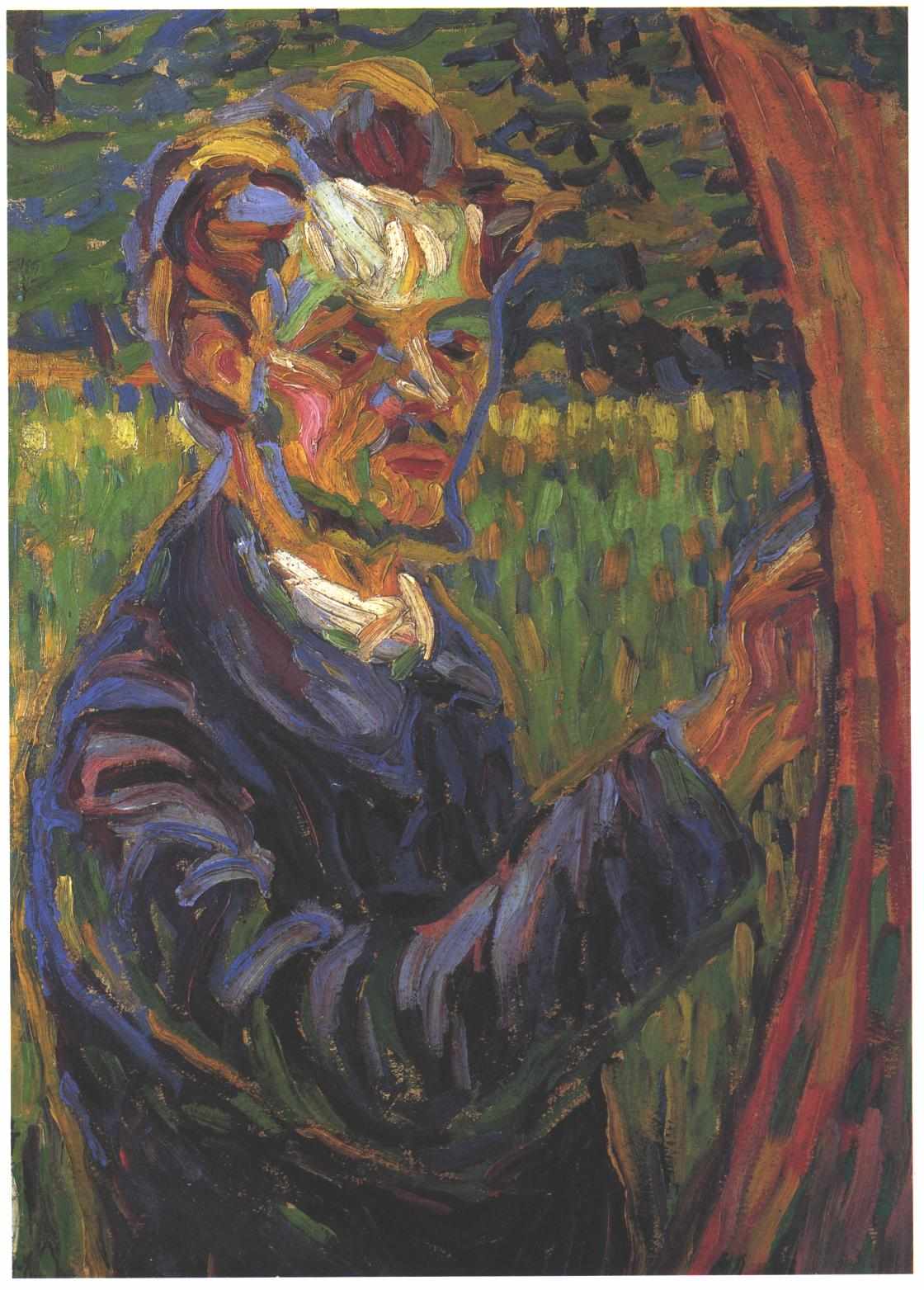a later recall of Heckel; as quoted in Expressionism, a German intuition, 1905-1920, Neugroschel, Joachim; Vogt, Paul; Keller, Horst; Urban, Martin; Dube, Wolf Dieter; (transl. Joachim Neugroschel); publisher: Solomon R. Guggenheim Foundation, New York, 1980, p. 93
Erich Heckel: Frasi in inglese
Quote of Heckel, in a letter of 1 September 1906, to the Swiss artist Amiet; as cited by Günter Krüger, in Die Künstlergemeinschaft Brücke und die Schweiz; as quoted in 'Portfolios', Alexander Dückers; in German Expressionist Prints and Drawings - Essays Vol 1.; by Museum Associates, California & Prestel-Verlag, Germany, 1986, p. 70
Amiet's radically simplified art-style obviously attracted the younger artists of Die Brücke
In a letter to Emmy Mueller, 1953; as quoted in Otto Mueller: A Stand-Alone Modernist, Dieter W. Posselt
original German: Wovon wir weg mussten, war uns klar. Wohin wir kommen würden, stand allerdings weniger fest
Quote of Heckel in: Ernst Ludwig Kirchner: ein Künstlerleben in Selbstzeugnissen, Andreas Gabelmann; Hatje Cantz Verlag, Ostfildern, Germany 2010; as cited in Claire Louise Albiez https://www.researchgate.net/publication/272168564 (incl. translation), Brücke und Berlin: 100 Jahre Expressionismus; submitted to the Division of Humanities New College of Florida, Sarasota, Florida, May 2013, p. 24
Heckel later summarized in this way his woodcut developments, mainly developed during his years in Die Brücke
Origine: Brücke' Zeichnungen, Aquarelle, Druckgraphik, Magdalena M. Moeller; Verlag Gerd Hatje, Stuttgart 1992, p. 21; as quoted by Louise Albiez https://www.researchgate.net/publication/272168564Claire (incl. translation), Brücke und Berlin: 100 Jahre Expressionismus; submitted to the Division of Humanities New College of Florida, Sarasota, Florida, May, 2013 p.12
In a letter to de:Gustave Schiefler, from Flanders, at Christmas 1915; as quoted by de:Wolf-Dieter Dube, in Expressionism, de:Wolf-Dieter Dube; Praeger Publishers, New York, 1973, p. 62
Heckel wrote Schiefler about his 'Madonna'-painting, he painted in Ostende, Flander in 1915. Heckel was a medical orderly in Flanders together with Max Beckmann, in World War 1. Both artists got a lot of free time in the army for their artistic activities. The 'Madonna' got destroyed in World War 2. https://www.bildindex.de/document/obj00001491
“Brücke will remain in the inner sense; only the outer organizational thing should be dissolved.”
In a letter to Amiet, Fall of 1913; as quoted in Brücke und Berlin: 100 Jahre Expressionismus, Anita Beloubek-Hammer, ed.; Berlin: Nicolaische Verlagsbuchhandlung, Berlin 2005, p. 266 (transl. Claire Albiez)
In a note, 26 May 1913; as quoted in Brücke und Berlin: 100 Jahre Expressionismus, Anita Beloubek-Hammer, ed.; Berlin: Nicolaische Verlagsbuchhandlung, Berlin 2005, p. 266 (transl. Claire Albiez)
